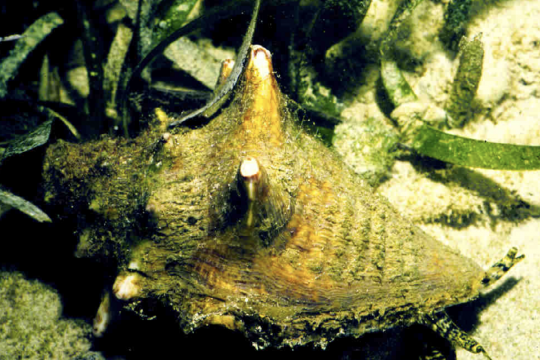The triple-bottom-line (TBL) approach defines successful fisheries as those which are ecologically sustainable, capable of generating profits to fishermen, and socially accepted. This approach has brought two significant challenges to fishery managers. On the one hand, the TBL approach usually requires new types of data and analysis to guide scientifically-based fisheries assessment. Recent research suggests that scientifically-assessed fisheries have a better likelihood of success compared with scientifically-unassessed fisheries, which represent most developing country fisheries. Lack of data is common in developing country fisheries and limits their capacity to gather information and integrate it into policymaking. On the other hand, the TBL approach requires correct identification of socially acceptable and locally implementable regulations of marine resources use that will result in long-term economic benefits to the fishery.
We use a standardized set of indicators as a methodological tool to examine the performance of the Colombian Queen Conch (Aliger gigas) fishery, which recently underwent a major collapse in the amount caught. Analyzing the potential for rebuilding requires a holistic and interdisciplinary approach. However, lack of data has prevented multi-dimensional evaluation. The methodology that we employed to evaluate the performance of the fishery is a broadly applicable and flexible tool for assessing performance in individual fisheries, whether artisanal (traditional) or industrial, small-scale or large-scale. Our tool is also useful for establishing linkages between enabling conditions, management strategies and the outcomes of sustainability-based indicators.
This study identifies the most significant challenges fishery managers will face as rebuilding the queen conch resource takes place during the next few years. Further, the study provides an example of how the TBL approach can be implemented in data-poor fisheries to evaluate whether or not rebuilding reforms are successful according to the three TBL criteria.
This brief is based on: Measuring Triple Bottom Line Performance in a Fishery Attempting to Recover from Collapse: The Case of the Colombian Queen Conch Fishery, EfD Discussion Paper 20-12, May 2020, by Jorge Marco Renau, University of Los Andes, Bogotá, Colombia, and Diego Valderrama, George Mason University, Fairfax, Virginia, US.
Contact: Jorge Marco Renau: j.marco@uniandes.edu.co

